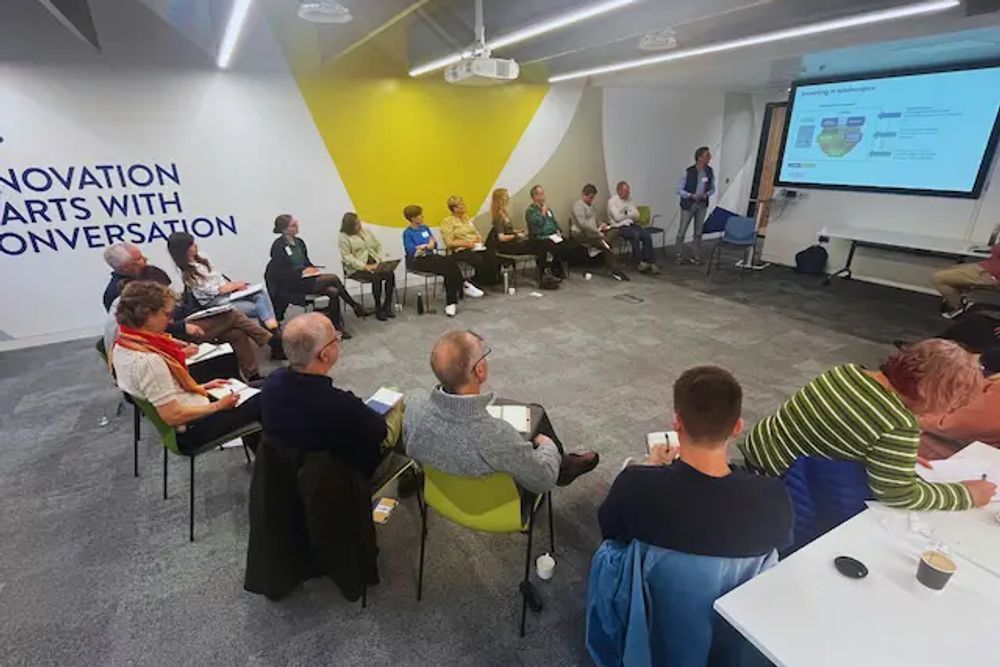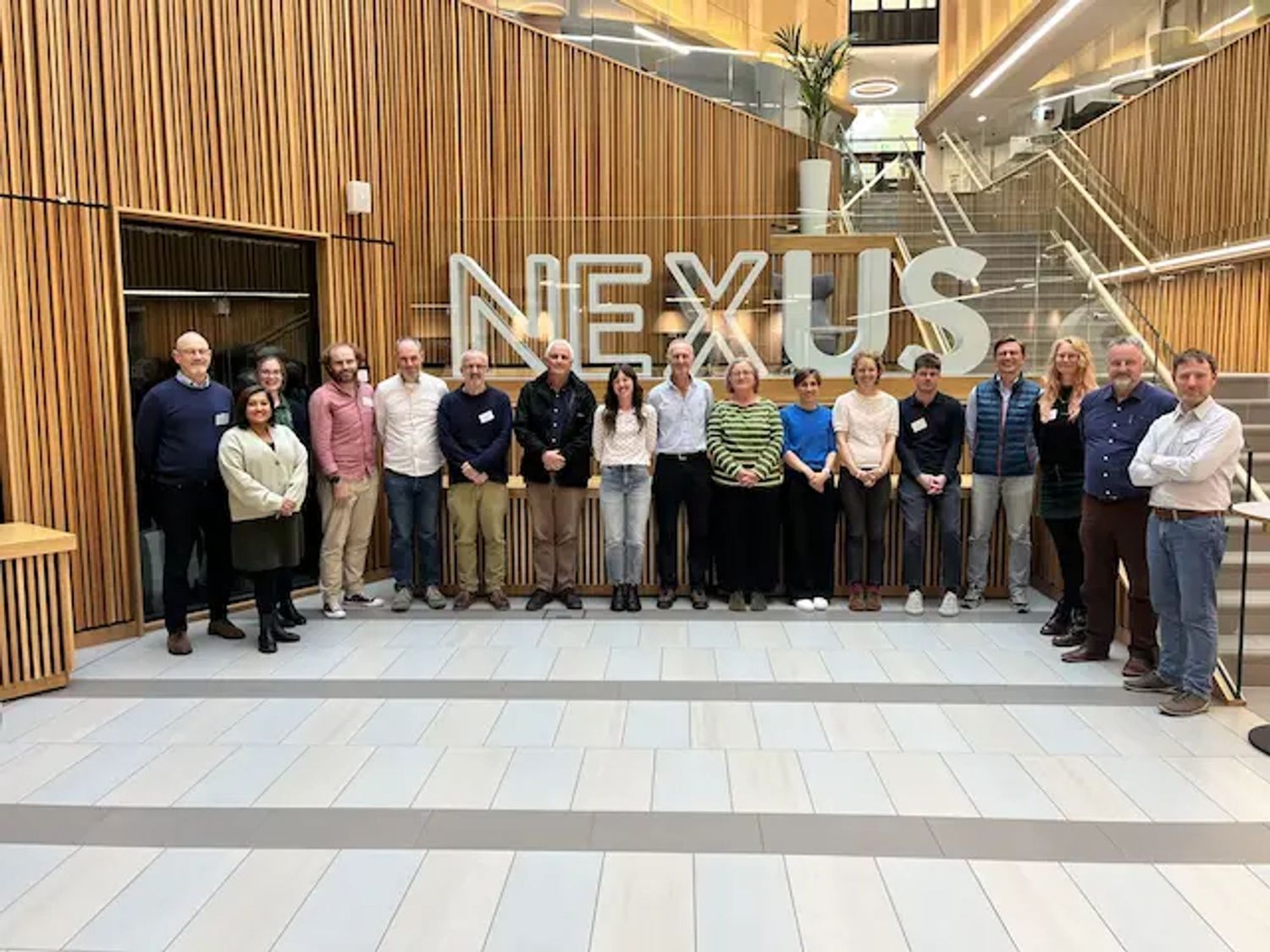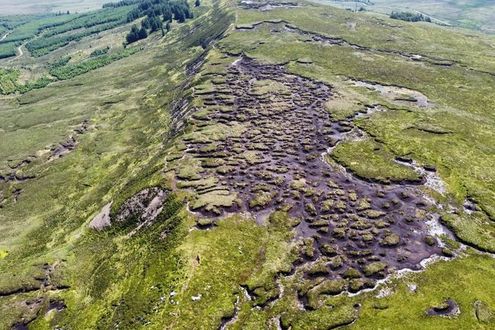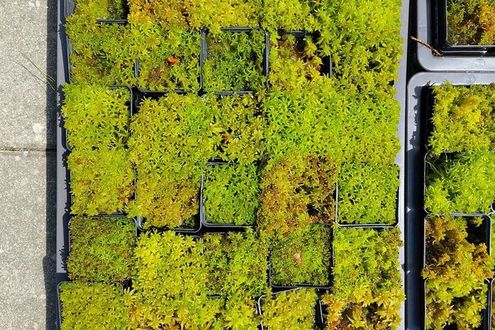The Peatland Finance Collective met on 2 October for our 3rd in person knowledge sharing workshop with UK and Ireland based Peatland programmes.
The collective aims to facilitate knowledge exchange and learning and undertake collective action to promote the financing of peatland restoration. Members undertake to co-develop resources and tools, and identify additional sources of finance and areas of potential collective action.
Members come together every 6-9 months in person and the latest event was hosted by Yorkshire iCASP, at University of Leeds, with participation from the Flow Country (Scotland), the Great North Bog (England), Peatland Finance Ireland, LIFE IP Wild Atlantic Nature (Ireland), WaterLANDS, South West Pearland Partnership (England), Daera Northern Ireland, Natural England and IUCN UK Peatland Programme among others.
Along with sharing how teams are progressing and working together we explored challenges and solutions to accessing and scaling suitable investment opportunities to support peatland restoration. We explored how public, private, and philanthropic funds can be combined to finance large-scale peatland restoration projects. Members also raised some key challenges that we workshopped solutions together around the themes of landowner engagement, taking a landscape scale lens and developing a more systematic approach for engaging corporates.

Fundamentals of landscape finance refresher session.
Some themes and insights emerged on the day:
- Risk mitigation was a key point of discussion - how to assess, communicate, and mitigate risks associated with peatland restoration projects. This included uncertainties around long-term maintenance costs, monitoring requirements, and project outcomes.
- Participants emphasised the importance of robust scientific data to support peatland restoration projects and reduce perceived risks for investors. The need for long-term monitoring and adaptive management was highlighted.
- The current state of carbon credit markets was discussed, including challenges around pricing, verification, and buyer preferences. Participants noted the need for higher carbon prices to make projects more attractive to landowners.
- The workshop explored the perspectives of different types of landowners, particularly in the UK context. Concerns about long-term commitments, impact on land value, and uncertainty about future government payments were raised.
- We also discussed various motivations for corporate investment in peatland restoration, including CSR goals, carbon offsetting, and desire for tangible environmental impacts. The importance of aligning corporate ethics with project outcomes was noted.
- We’re excited about the potential for peatland finance to serve as a model for other ecosystem restoration finance initiatives. Participants discussed the need for standardised metrics and verification systems to facilitate market growth.
So what's next for the Peatland Finance Collective?
The group is committed to engaging in a number of activities in the coming months including collaboration on capacity-building resources for the sector such as a guide on developing a peatland finance programme from the bottom up, finance case studies from member landscapes, joint communications products, outreach and advocacy.
The next virtual gathering will take place in January 2025 and the next in-person workshop will be held in Devon, England in June 2025. If you would like more information about the group, or would like to enquire about becoming a member, please email deesha@landscapelab.org.
Text and photos from Sabrina Russo, Landscape Finance Lab.


